Why Europe needs a public-private partnership on sustainable fuels – the industry view
The energy crisis, the current geopolitical situation and climate change – amongst other factors – call for a mix of complementary energy sources and technology solutions to secure Europe’s energy independence, protect climate and support consumers and Europe’s industry and economy. Sustainable fuels – as energy vectors – can give an important contribution to replace fossil fuels and thus play a key role in Europe’s future energy mix as we aim towards a resilient EU circular economy. This is of highest priority to the EU, as shown also in the Net Zero Industry Act regulation proposal, the recent regulation on CO₂ emissions for road transport and the provisional political agreement on the Renewable Energy Directive.
Industry Endorsements
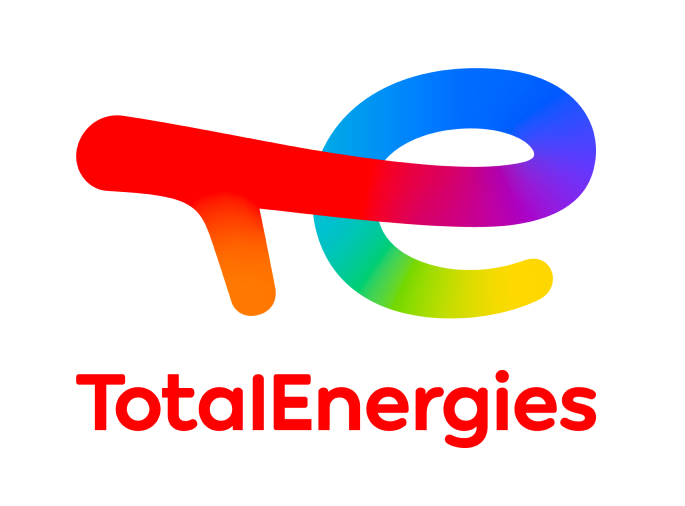
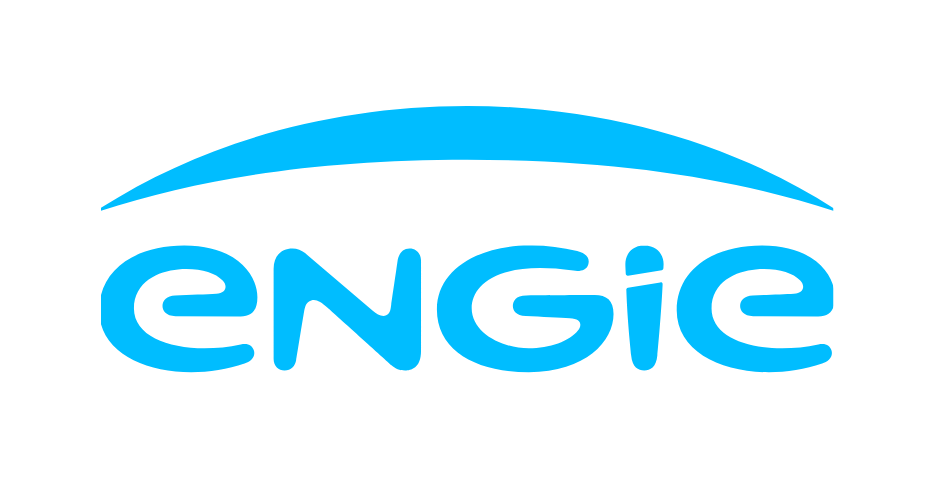
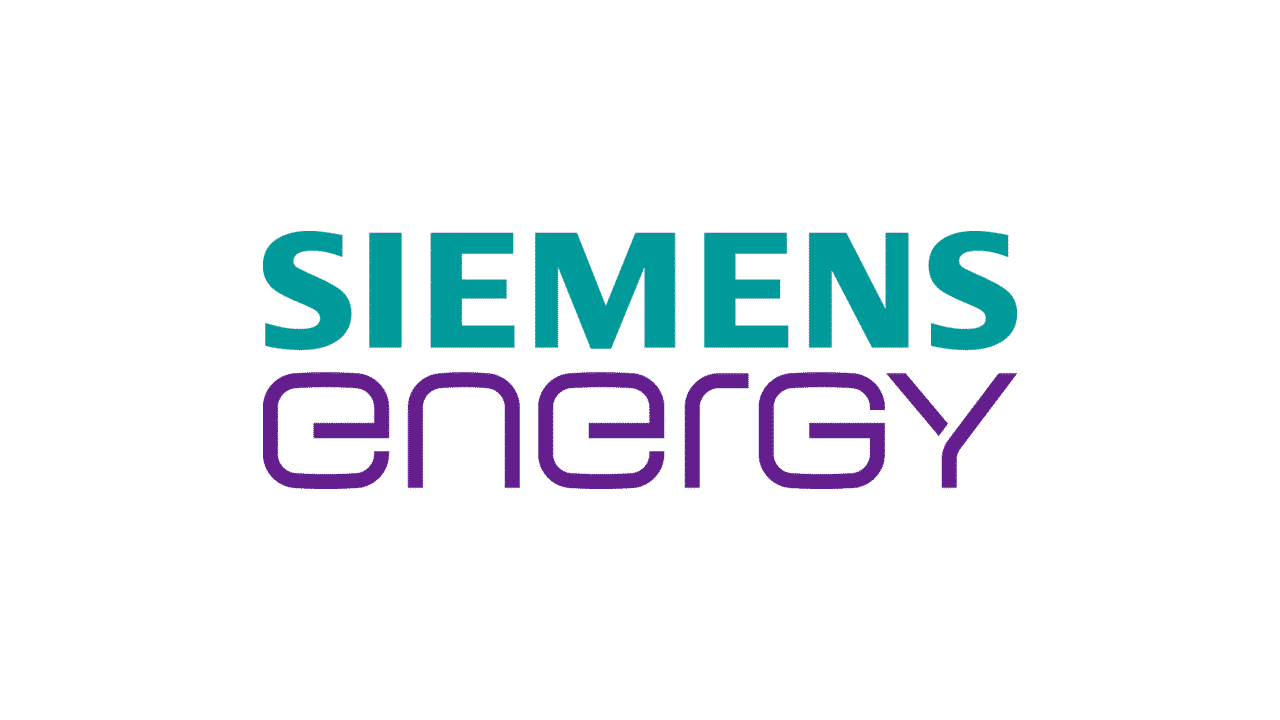












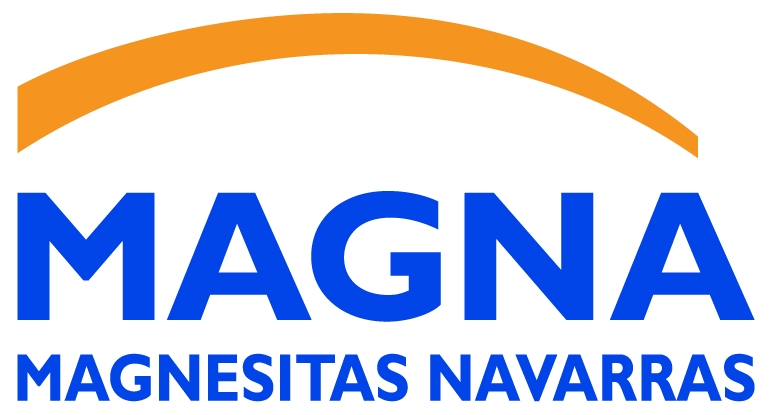

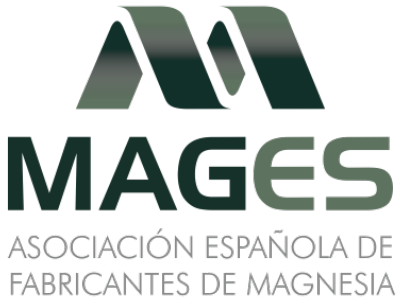
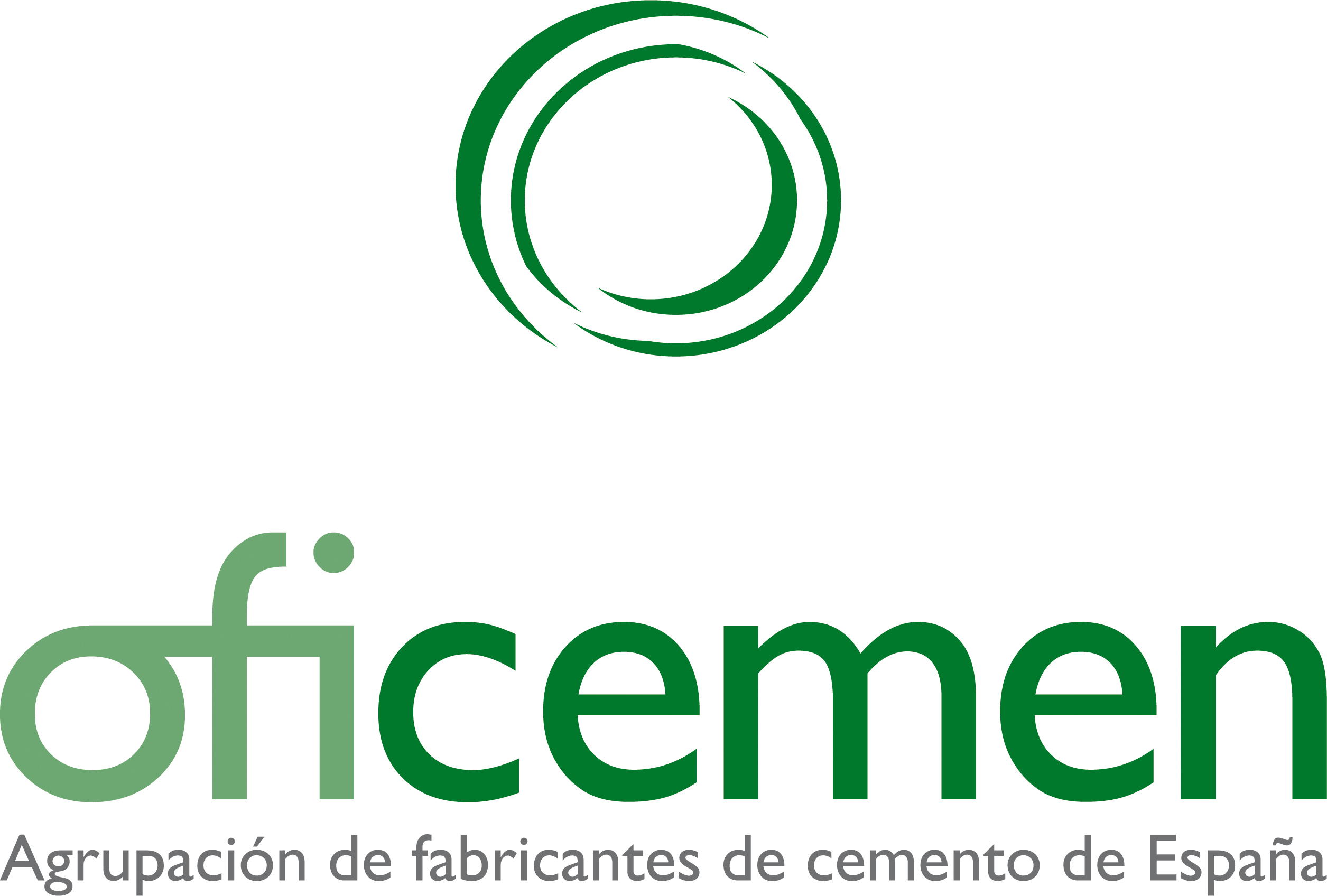
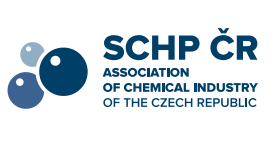


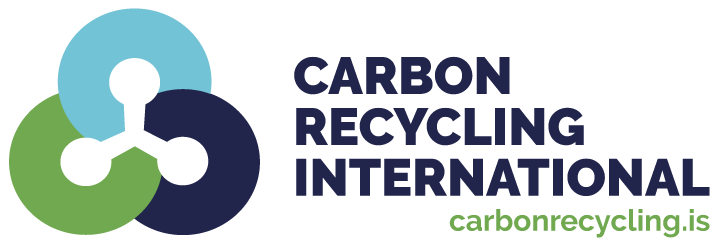
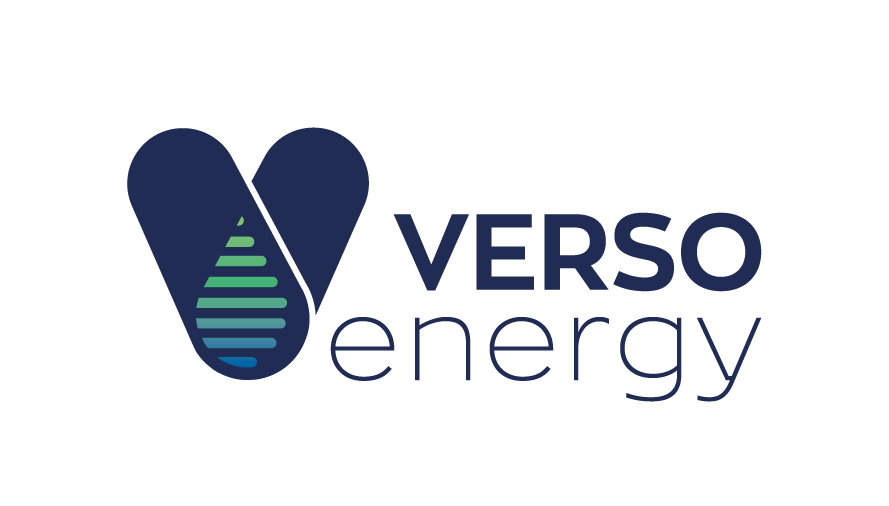



This proposition is also supported by the following academic/research institutions:





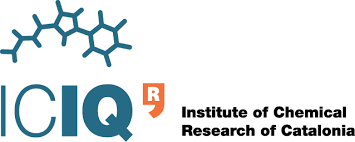




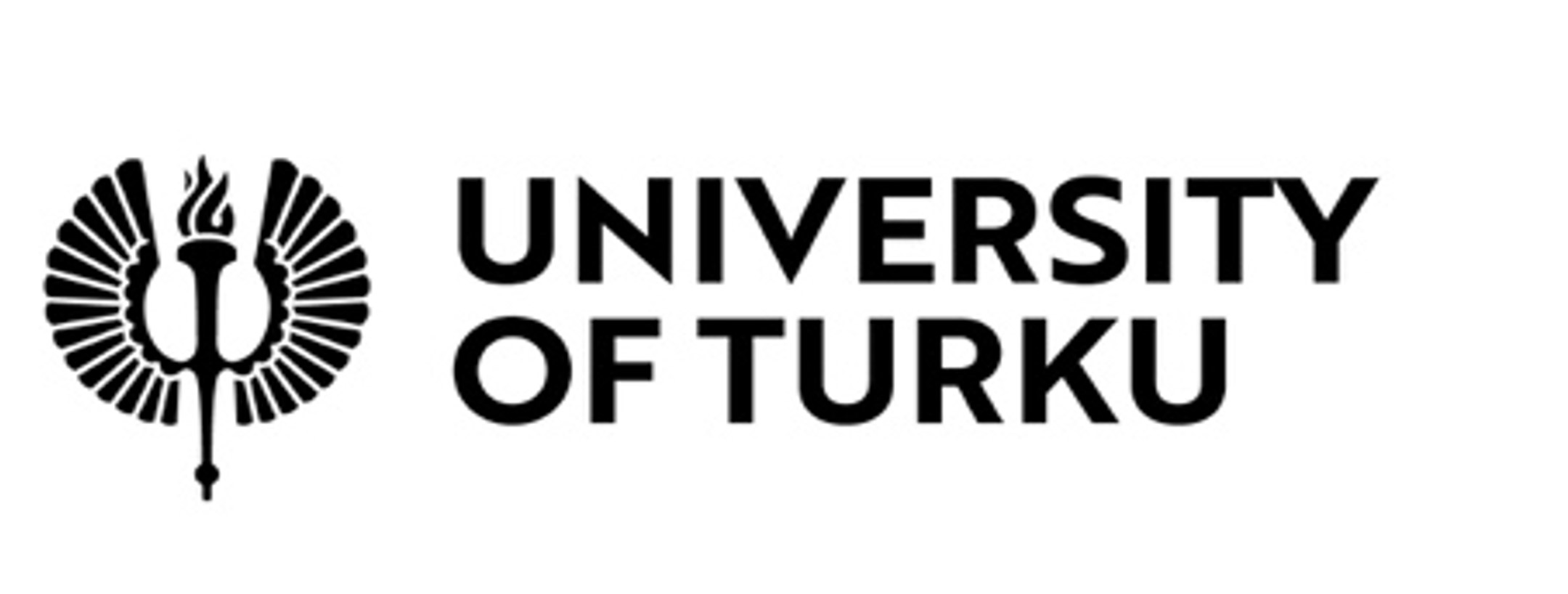



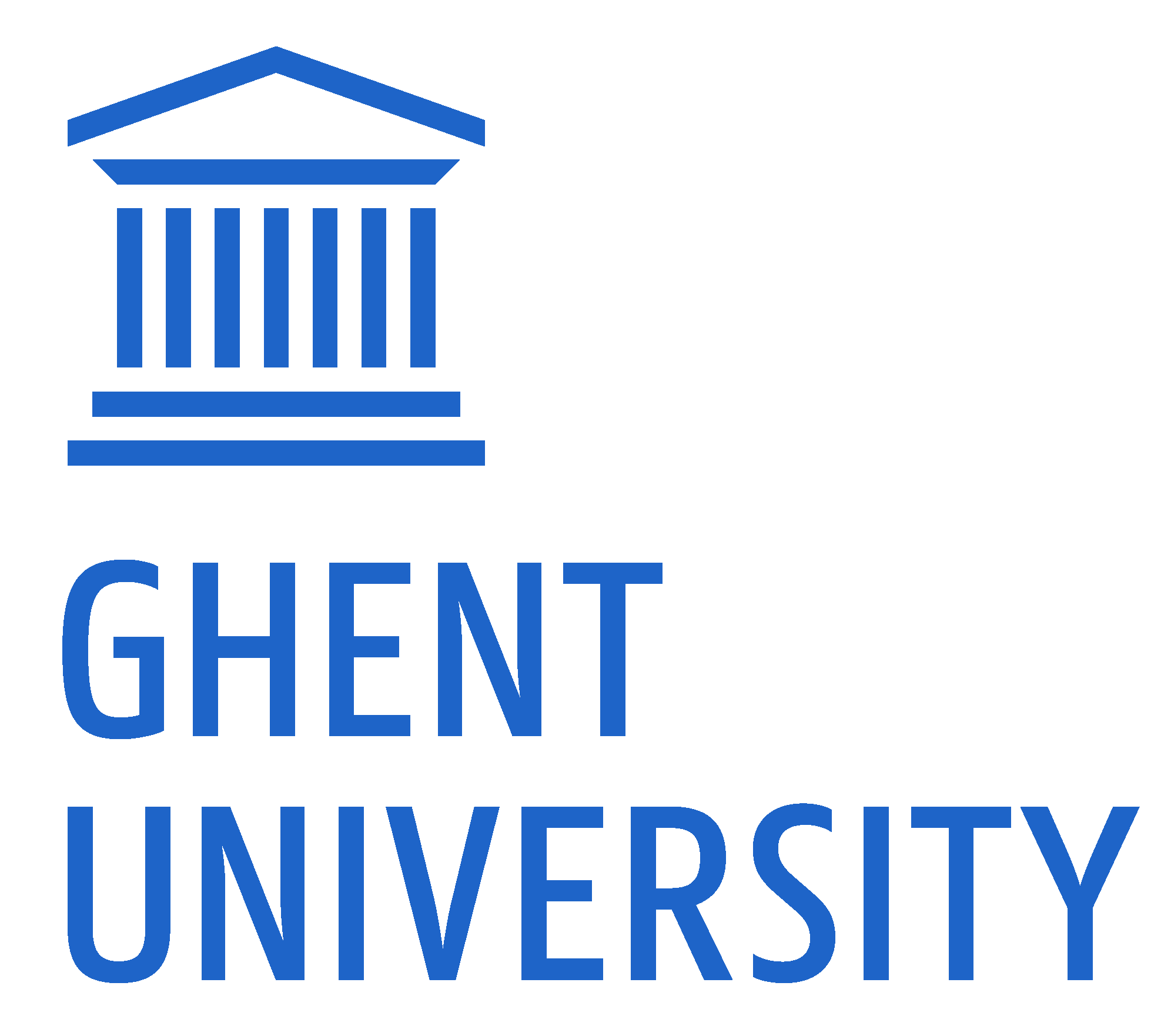



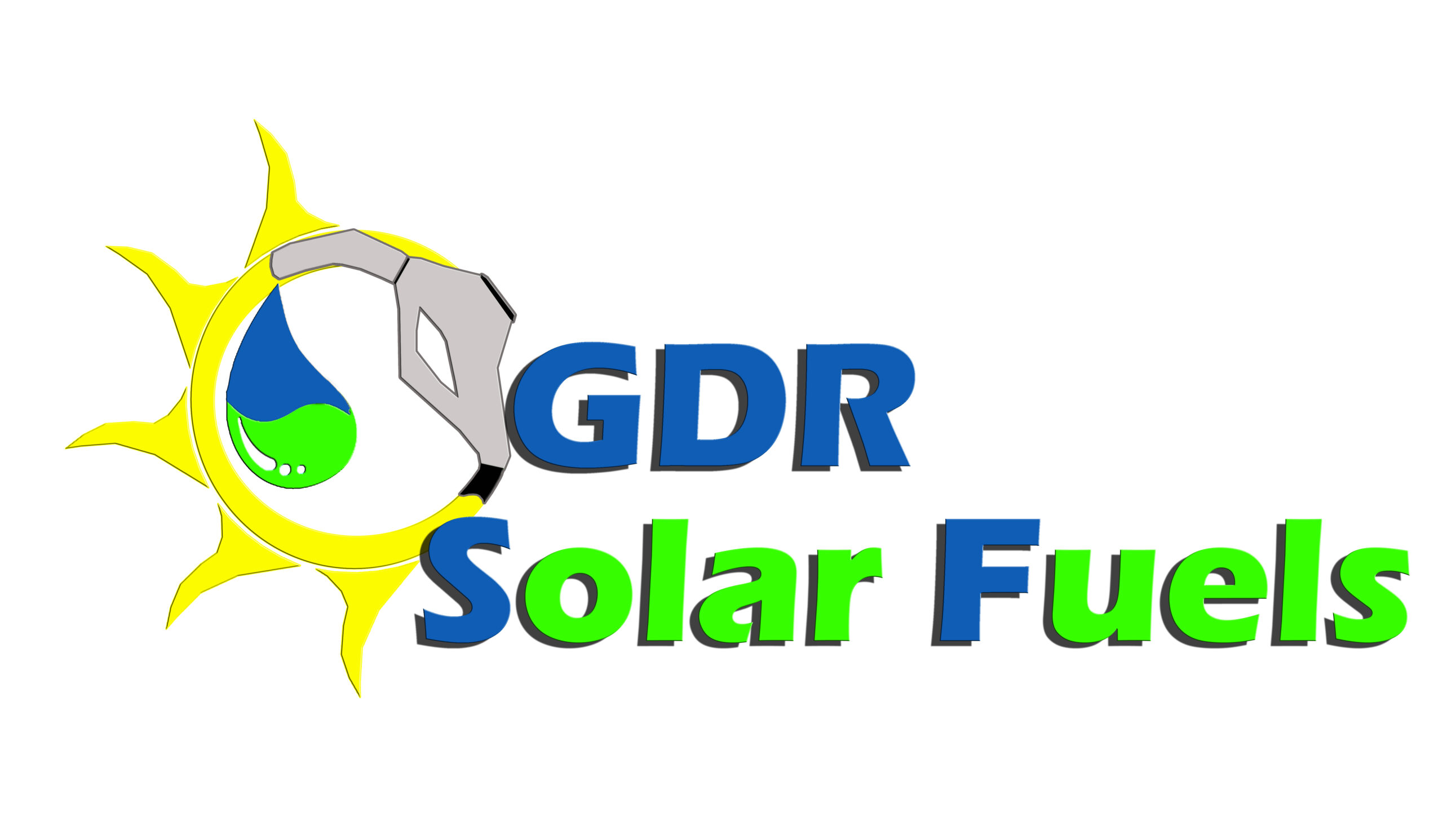


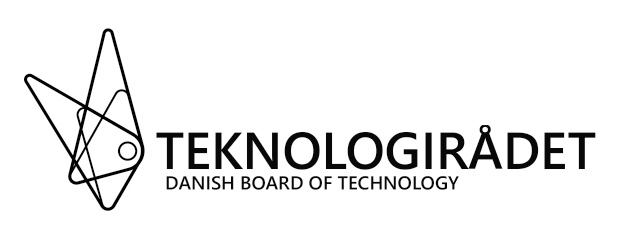
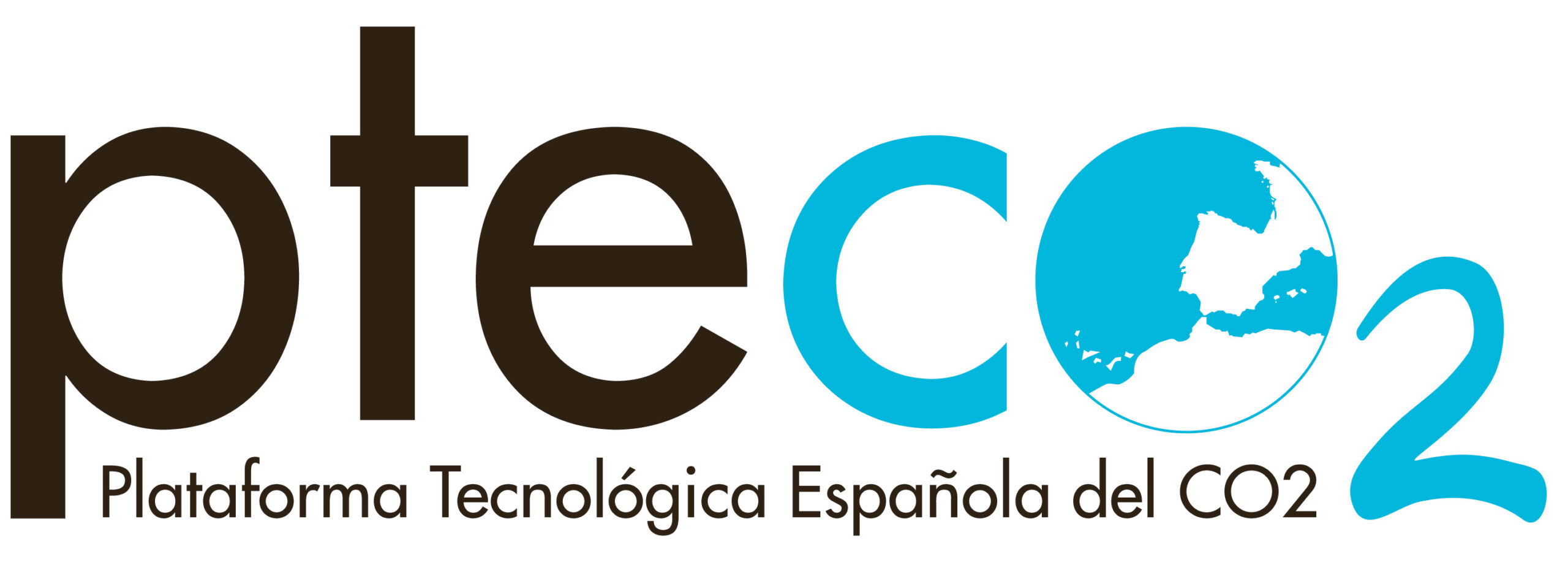
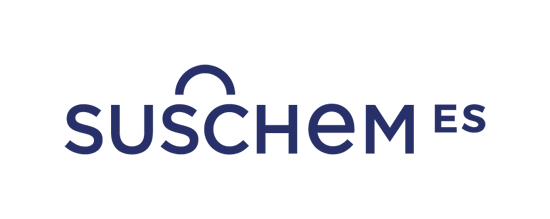



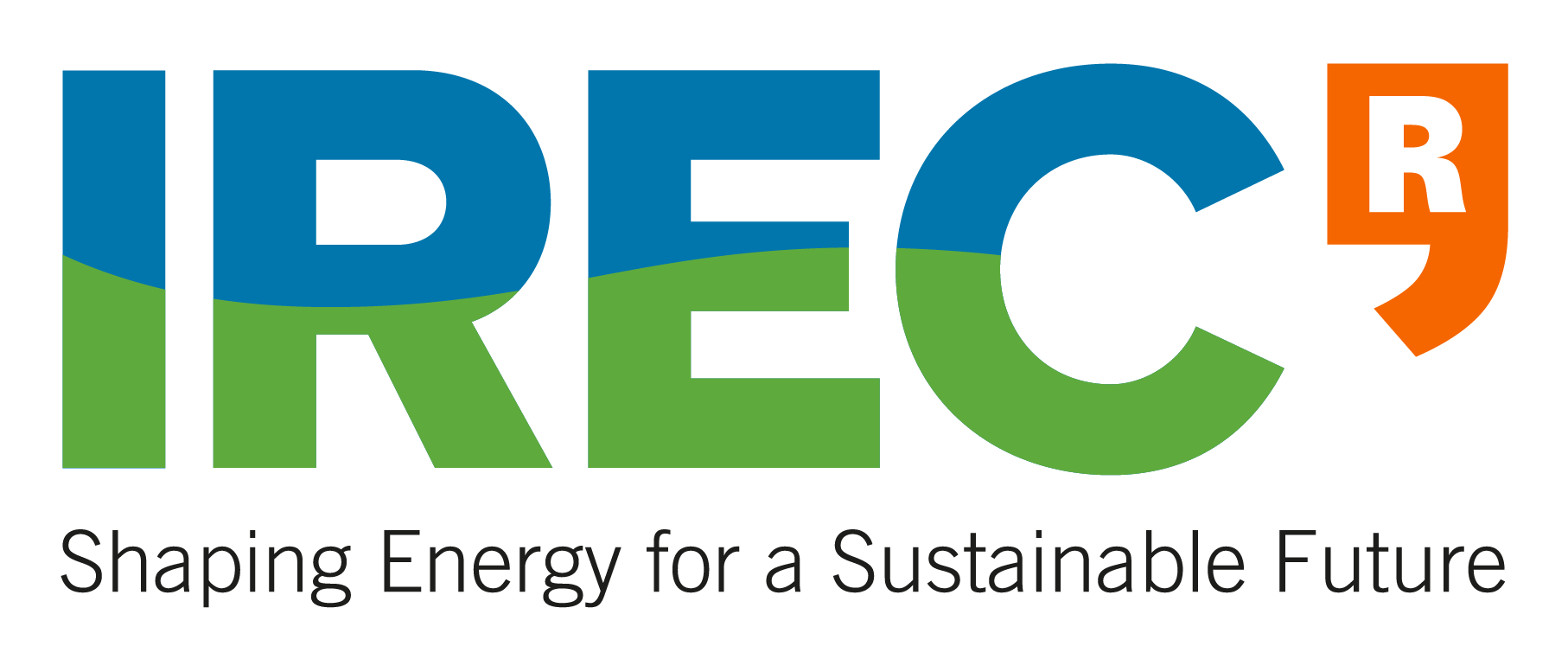
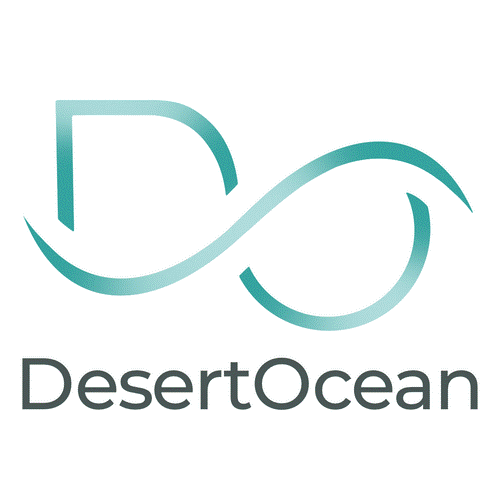
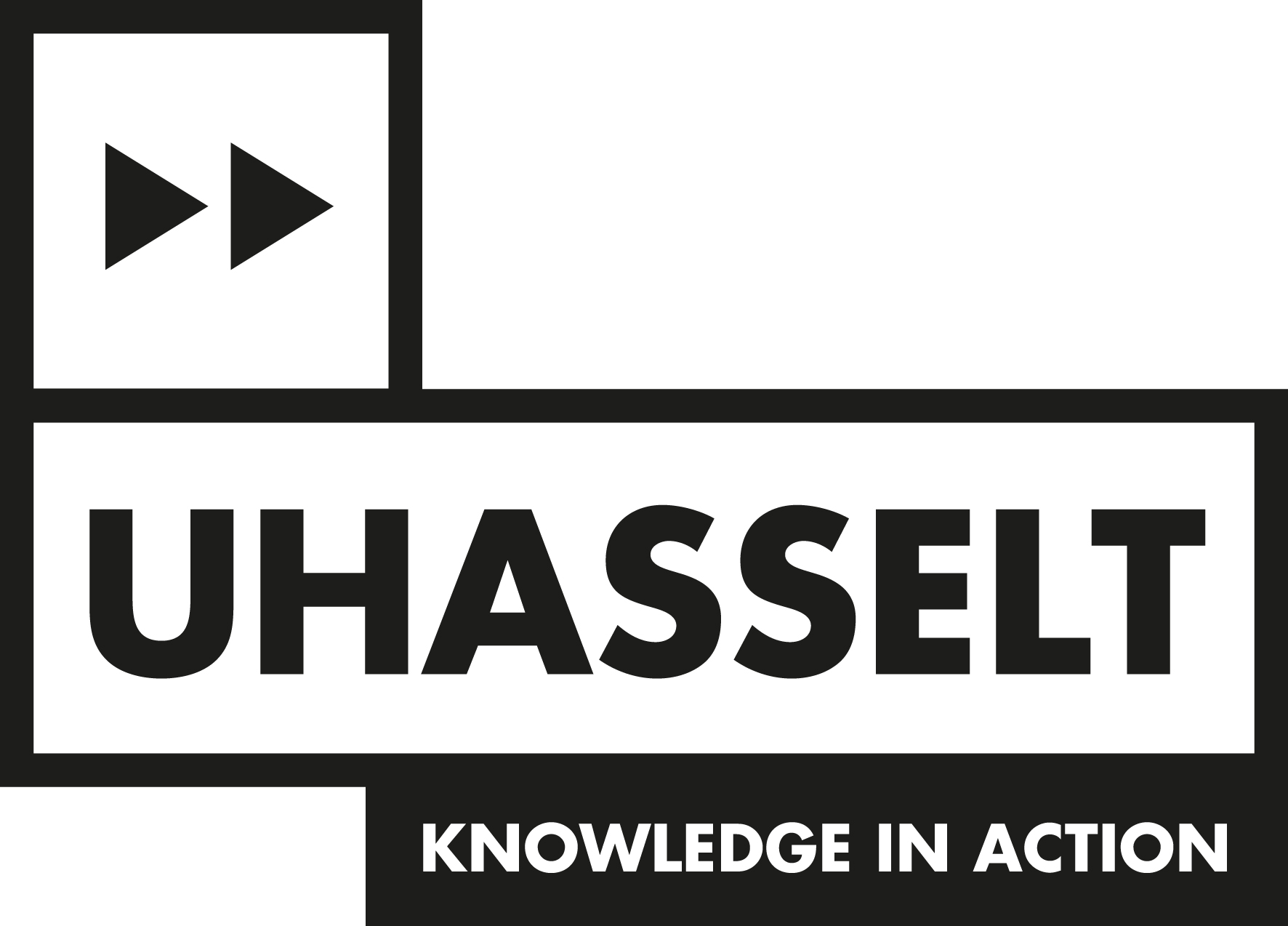
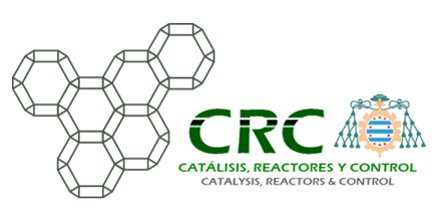

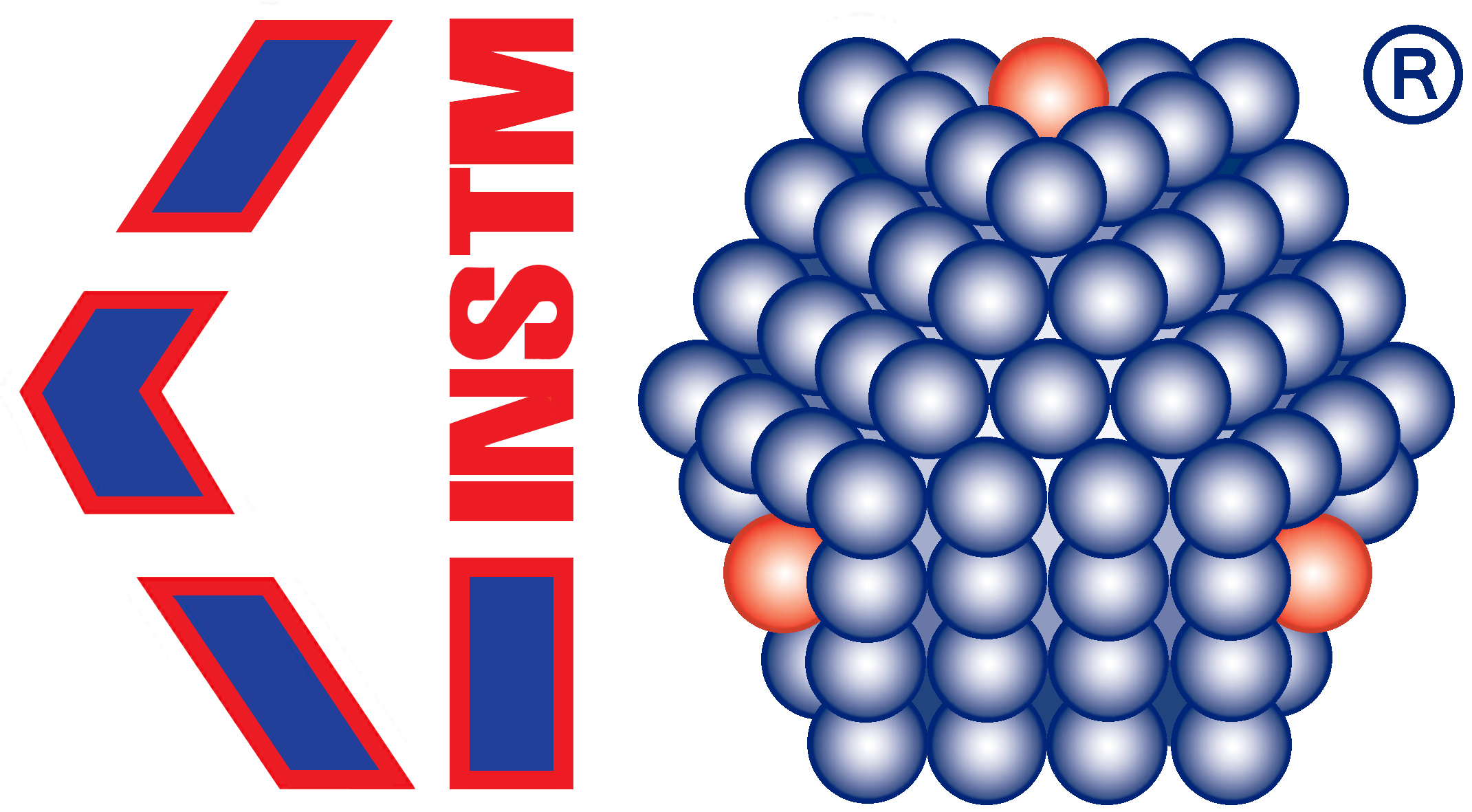


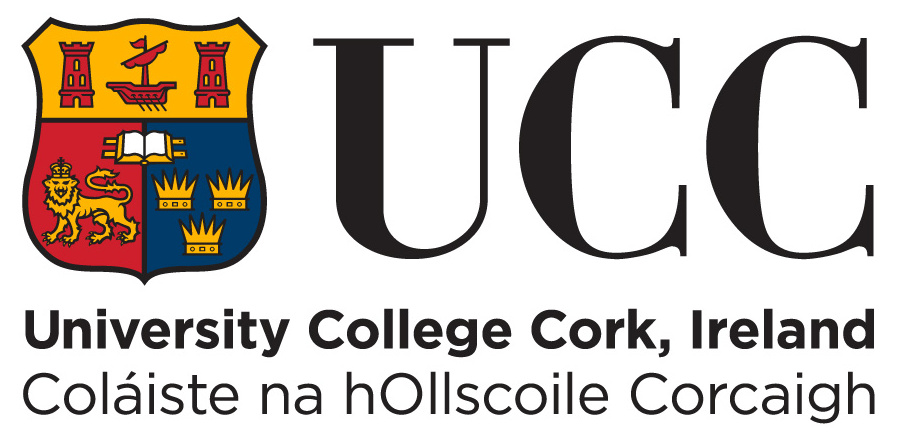




The list of endorsements will be regularly updated. Latest version: 22/06/2023
SUSTAINABLE FUELS: WHY ARE THEY IMPORTANT?
Sustainable fuels can contribute to reducing GHG emissions and to a circular economy, as they are produced through alternative and renewable raw materials. They are complementary to other technologies and partially make use of existing infrastructures. Their applications are multisectoral, including as energy carriers for energy-intensive industries (e.g. cement, steel, glass, chemicals) and in hard-to-abate sectors, such as aviation, maritime and long-distance and heavy-duty transport, where defossilization cannot be achieved solely through electrification. In addition, the technology and knowledge for sustainable fuels as energy vectors are potentialized in furthering the manufacture of commodity chemicals as building blocks for the chemical industry using renewable energy, another key aspect of a transition to a circular economy.
INDUSTRY COMMITMENT/ENGAGEMENT
We, as industry, are investing in this field in Europe, working with our research partners to develop a range of technology solutions with complementary timeframes, in the short, medium and longer-term, with optimized conversion efficiencies: through indirect processes (e.g. e-fuels, fuels derived from thermochemical processes), we aim at developing technologies adapted to existing infrastructures by 2025; more disruptive routes – through direct conversion of solar to chemical energy (i.e. artificial photosynthesis to synthesize so-called direct solar fuels) – would lead to a partially decentralized production by 2030. Some examples of ongoing industry projects include: the Moving Power Werlte plant in Germany, which produces 1 kt/yr of CH₄ from green H₂ and captured CO₂; the 200M€, partly H2020-funded Steelanol plant in Belgium, inaugurated in December 2022 and expected to produce 80 million liters of advanced bio-ethanol yearly from CO₂ emissions captured from the Arcelor Mittal Ghent foundry.
WHY EUROPE NEEDS A EUROPEAN PARTNERSHIP ON SUSTAINABLE FUELS
At present, the EU does not have a consistent framework to support R&I in the field of sustainable fuels, but rather scattered initiatives and projects, both at EU and national level. The EU need to address this gap to accelerate, improve and scale-up technologies as well as to develop solutions – including next generation ones – with high impact.
A new EU public-private co-programmed partnership under Horizon Europe, bringing together industry, research, societal stakeholders, EU and national decision makers, would be an appropriate instrument to support a coordinated and systemic effort to accelerate progress in this field, helping industry to continue investing in Europe.
The partnership would build on existing European initiatives, such as the SUNERGY initiative and the ongoing Horizon Europe SUNER-C project, CO₂ Value Europe, the Renewable and Low-Carbon Fuels Value Chain Industrial Alliance and the eFuel Alliance. On the development of sustainable commodity chemicals it would act mainly in coordination with other EU partnerships, in particular with Processes4Planet (focusing on fossil-free commodity chemicals for European process industries) and the Circular Bio-based Europe Joint Undertaking. Additional initiatives to collaborate with would include: the Clean Hydrogen Joint Undertaking, as green hydrogen is a key building block to produce sustainable fuels; the Clean Energy Transition partnership, focused on the coordination of national strategic R&I agendas on different aspects of the energy transition; the Advanced Materials Initiative 2030 (AMI 2030), as materials are key enablers of efficient synthesis of renewable of fuels, through e.g. (bio)catalysts and materials for membranes; the European Raw Materials Alliance/EIT RawMaterials, the Clean Aviation Joint Undertaking and the European Solar PV Industry Alliance.
SUNERGY, the European R&I initiative on fossil-free fuels and chemicals, is well placed to support the effort in this field, working with other initiatives at EU and national level, to enhance industry investments and cooperation with research, societal players and other stakeholders, with a longerterm impact beyond the scope and timeline of the proposed partnership.
Disclaimer: Companies that appear in this page only endorse the content of the above industry endorsement letter.
